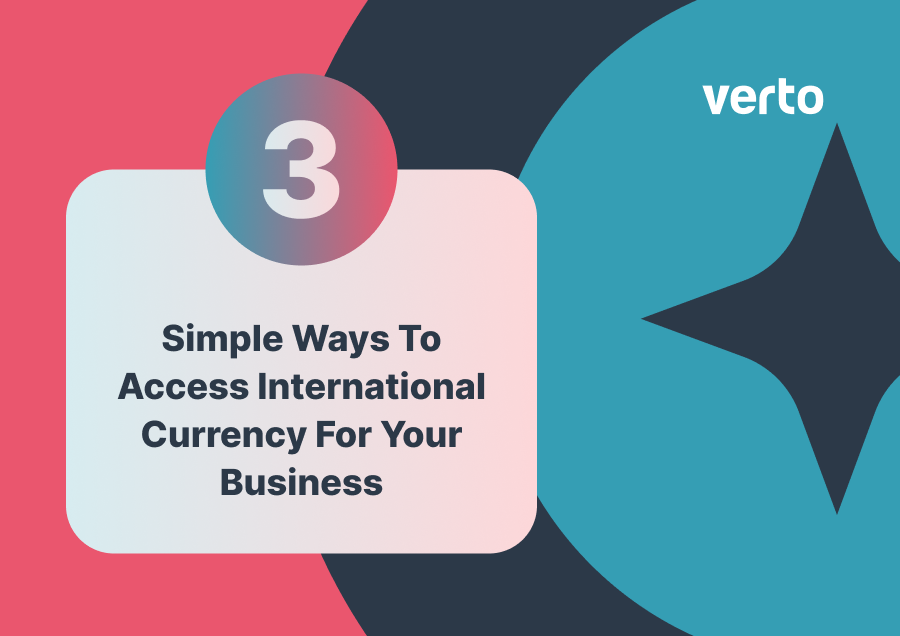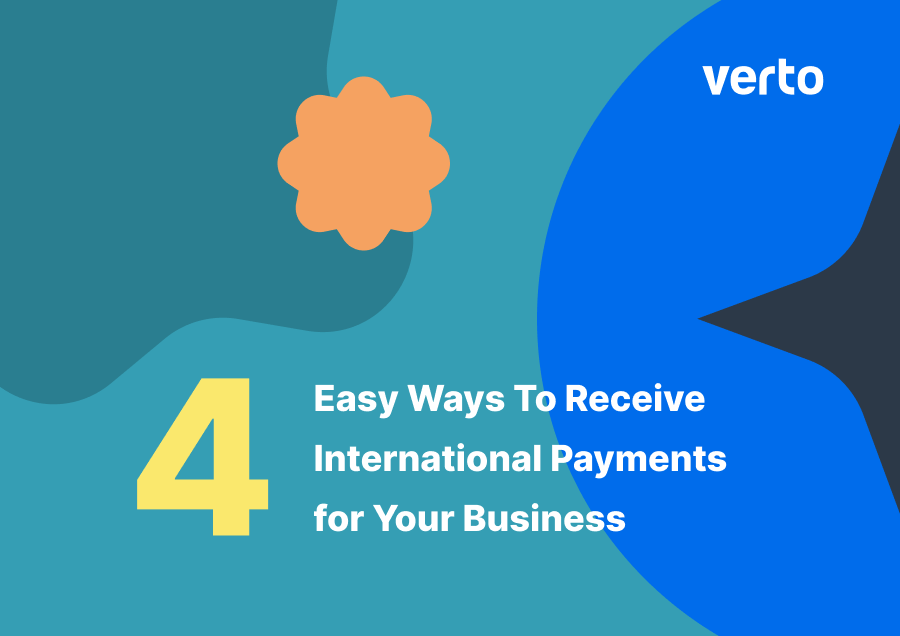July 1, 2024
Oluwatofunmi Alo
How To Choose The Right Corporate FX Platform For Your Business

For businesses operating on a global scale, the risks posed by currency fluctuations are a constant concern. These fluctuations can dramatically impact profits, cash flows, and overall financial stability.
For example, a manufacturing company that sources raw materials from overseas suppliers might see its costs skyrocket due to an unfavourable exchange rate, eroding profit margins. Similarly, a technology firm that generates a significant portion of its revenue from international markets could experience a decline in earnings if the local currencies weaken against the company's functional currency.
Selecting the right foreign exchange (FX) platform is essential to manage these risks effectively and streamline international transactions. If you don’t pick the best FX platform, it can lead to significant losses, operational inefficiencies and delays, and compliance headaches.
Understanding your business needs
To find the perfect FX platform, you need to first understand your business needs. You can do this by thinking about several key areas, such as:
1. Business goals
Identifying your primary goals - whether that’s cost savings, risk management, or payment efficiency - will guide you in finding the best FX platform for your business. Consider exactly what you need: hedging tools? Cross-border payment functionalities? Integration? Comprehensive reporting? Rank these features in order of importance to your operations.
2. Transaction volume and scalability
What’s the volume of transactions you conduct across different currencies and regions? Knowing this will help you work out the scalability you need from your FX platform. Are you dealing with a high volume of transactions? Or is your FX exposure more limited? Consider how your transaction volume may change in the future as your business grows.
3. Future growth potential
Don’t overlook future growth – it’s another crucial factor in finding the FX solution that best suits your business. Ensure the platform you choose can adapt and scale as your business expands into new markets and regions. And make sure it can integrate with your current financial systems and workflows – this is key to making it work seamlessly.
4. Support and service quality
The level of customer support you receive from your FX solution, including availability and expertise, can make a significant difference, especially when dealing with complex FX needs. It’s also important to do some research into the platform’s reputation within the industry to ensure you’re getting something reliable and trustworthy. You might find yourself facing costly downtime and frustration with poor support.
5. Security and customisation
With security so paramount in finance, you should only consider platforms that offer robust protection of your data and transactions. And if you have specific FX requirements, you’ll want a platform that can be customised.
Different types of FX platforms explained
Once you’ve considered your business’s needs, you can then explore the various types of FX platforms available. The corporate FX platform landscape is diverse, offering a range of options to suit different business needs. These include:
Traditional bank platforms
While reliable, traditional bank platforms often come with high fees and limited functionalities. They may be suitable if your business has straightforward FX requirements and you prefer the idea of working with an established institution.
Non-bank fintech solutions
In contrast, non-bank fintech solutions provide specialised features with competitive pricing, making them a popular choice for cost-conscious businesses. These platforms often offer innovative tools and technologies, but they may lack the track record and resources of traditional banks.
Peer-to-peer marketplaces
By connecting businesses directly for currency exchange, peer-to-peer marketplaces enhance transparency and offer more control over rates. However, these platforms might have limited liquidity and support compared to other options.
Broker and multi-bank platforms
Broker platforms provide access to interbank markets, although services and pricing can vary widely so make sure you compare offerings. Multi-bank platforms, which aggregate liquidity from multiple banks, offer improved pricing and execution. These platforms might be best if your business has high trading volumes and a need for competitive rates.
Specialised trading and payment platforms
If you’re a frequent trader, specialised trading platforms come equipped with advanced tools and analytics to support your strategies. Payment platforms focus primarily on cross-border payments and integrate FX solutions to streamline transactions. These platforms cater to specific business needs but tend to lack the breadth of services offered by more comprehensive solutions.
Hybrid and cloud-based platforms
Combining features from various platform types, hybrid platforms offer comprehensive services. Cloud-based platforms, meanwhile, offer flexibility, scalability and easy access from anywhere. These platforms might be best if you have diverse FX requirements and a need for remote access.
Choosing the best FX platform for your business depends on your specific needs and the nature of your operations. Each type has its strengths and weaknesses, so it’s crucial to evaluate them against your goals and strategy.
Safely trade FX OTC with vetted counterparties on a secure and stable trading platform.
Trade nowKey features to consider when choosing an FX platform
Once you’ve identified the best FX platform types for your business, you should look closely at their specific features to ensure they align with what you need:
1. Hedging and risk management tools
Effective hedging and risk management tools, such as forward contracts, FX orders, and currency options, are essential for locking in rates and mitigating currency risk. If your business has significant FX exposure, you’ll benefit from strong risk-management capabilities.
2. Global payments and collections
Streamlined global payments and collections are also critical; look for platforms that offer multi-currency accounts, automated conversion and local payment options. These features can simplify cross-border transactions, improve transparency and security, and help you improve efficiency.
3. Integration and automation capabilities
If you have complex financial systems and high transaction volumes, you’ll benefit from advanced integration and automation capabilities. Platforms that offer robust APIs, automated processes and data intelligence will give you smoother operations and straight-through processing.
4. Liquidity sources and competitive rates
Access to multiple liquidity sources and competitive exchange rates can lead to substantial cost savings, making this another key consideration. Businesses with high FX trading volumes should prioritise platforms with deep liquidity pools and tight spreads.
5. Value-added services
Market insights, analytics, trade ideas, expert guidance: these are all value-added services that can significantly bolster your FX strategy and give you a competitive edge.
6. Scalability and robust support
Before choosing a platform, make sure it can grow with your business and that it offers customer support for complex needs.
7. User-friendly interface and compliance
Pick a FX platform with a user-friendly interface for ease of use. And make sure it adheres to global regulations such as anti-money laundering (AML) and know-your-customer (KYC) requirements and provides strong security protocols for protection. A complex or non-compliant platform can lead to operational inefficiencies and legal risks.
8. Real-time reporting and mobile access
With real-time reporting and mobile accessibility, you can manage and monitor transactions on the go. In today’s fast-paced business environment, that can be invaluable.
Verto: Your Trusted FX Partner
Verto's FX platform offers a comprehensive solution that directly addresses common business pain points, optimising international transactions and driving greater profitability.
Limited control over exchange rates? Verto gives you access to a global liquidity network through the FX Marketplace, ensuring competitive rates and greater control over your pricing. No more being stuck with unfavourable rates from a single provider.
Concerned about high upfront costs and hidden fees? Verto's transparent pricing model means no surprise charges. You'll benefit from competitive rates and low transaction fees.
Lack of transparency and security is a major issue with some FX providers. But with Verto, you get real-time pricing, comprehensive reporting, and robust security protocols - giving you full visibility and peace of mind.
Inefficient processes slowing you down? Verto streamlines everything through seamless integration, automated processes, and a user-friendly interface. No more delays or operational headaches.
Plus, you'll have access to powerful hedging tools like forward contracts and currency options to effectively manage currency risk exposure. And Verto's dedicated support team provides tailored FX strategies as your needs evolve.
Outstanding customer service, comprehensive reporting, robust security, and the flexibility to cater to diverse business needs – Verto will help drive greater profits and position you for success in global markets. Get started today.


